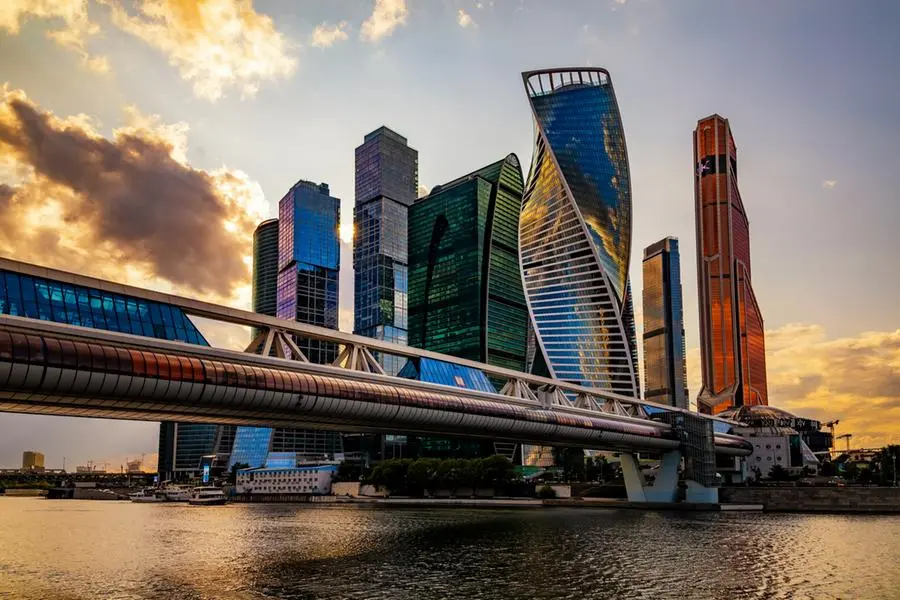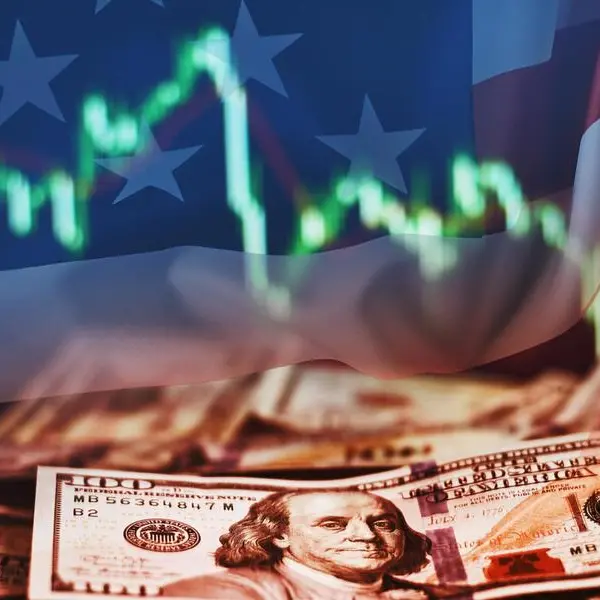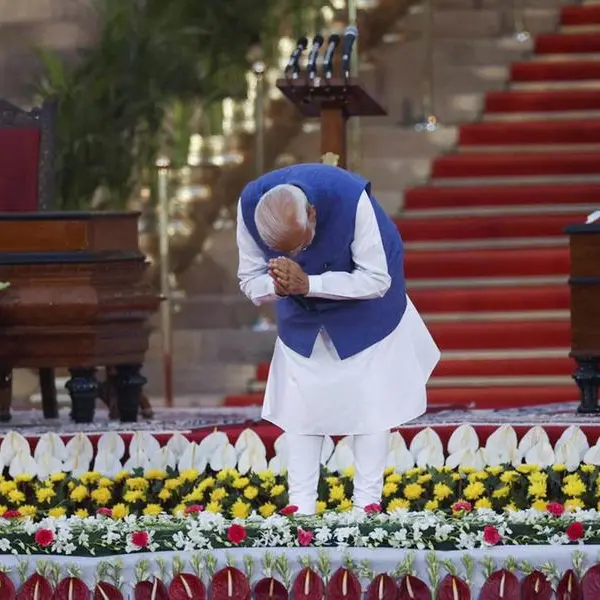PHOTO
WASHINGTON, DC/KYIV – Russia’s full-scale invasion of Ukraine at the end of February 2022 marked the start of a new geopolitical epoch. Following the end of the Cold War in 1989-91, it was widely agreed that European countries would no longer invade each other. Too many wars over too many centuries had shown that promoting trade and investment is a much better way to build and sustain prosperity. By launching a war of aggression, Russia flagrantly violated that understanding, killing and wounding tens of thousands of civilians in the process.
Russia is huge in geographic terms, but its economy is tiny relative to the economies of the West, with GDP amounting to just $2 trillion, compared to over $27 trillion in the US and nearly $20 trillion in the European Union. Including the United Kingdom, Japan, Canada, and Australia, the Russian economy is perhaps one-thirtieth the size of the economies which proclaim strong support for Ukraine ($2 trillion versus $60 trillion). And Russia has benefited greatly from its trade and investment links with Europe and other industrial democracies in recent decades.
Given this, why have Western economic sanctions proved unable to stop Russia’s illegal aggression? What, if anything, can be done to make them more effective?
The advanced economies of the G7 and the EU have three obvious problems: dependence on oil, an unwillingness to confront China, and the moral poverty of some business leaders. But there is a deeper weakness – politicians’ unwillingness to do anything that would impose economic costs on their own citizens. This is not lost on Russian President Vladimir Putin and Chinese President Xi Jinping. Unless the West toughens up soon, it should expect a lot more trouble.
The oil problem is easy to understand. Russia exports about 7.5 million barrels of oil per day to a world that consumes just over 100 million barrels per day. If this oil was suddenly withdrawn from the world market (or if Russian oil exports fell sharply), energy prices would rise substantially – and Putin might actually get more revenue (depending on how much the price rose as the volume fell). In response, the G7 imposed a price cap of $60 on Russian oil exports.
This was a clever improvisation, which has squeezed Russian revenue while keeping the oil flowing. But there has not been enough follow up. In particular, there needs to be much stricter enforcement, which includes punishing shipping companies and anyone else who helps Russia earn more than the cap allows. Effective enforcement combined with lowering the cap, for example to $30 per barrel, would decisively cut Russian revenue.
The China problem is also hiding in plain sight. Without Xi’s continued diplomatic and trade support, Putin’s regime could not survive. China supplies critical military and civilian inputs to the Russian economy and imports more than two million barrels of oil per day from Russia; if it wanted to, it could buy all of Russia’s daily output (China’s total oil imports are over 11 million barrels per day).
But, because Russia’s entire economy is about half the size of China’s exports, China must continue to sell to the world, which means selling to the West. In fact, industrial democracies allied with Ukraine account for about 70% of China’s potential overseas markets. By continuing to trade with China, as if nothing were happening, the West is implicitly allowing Putin’s illegal invasion of Ukraine to continue.
The third problem is Western business leaders. Some withdrew from Russia as soon as the invasion began. But others have remained and now dig in their heels. As the CEO of SLB (the world’s biggest oilfield services company) said recently, “We are protecting our assets, that’s our priority. We are protecting our people.” By which he means there are no plans to exit Russia despite Putin’s continuing atrocities in Ukraine. This immoral attitude is helping to destabilize the world.
The West should obviously lower the oil-price cap (and improve enforcement), put greater pressure on China, and tighten sanctions (and the associated penalties) on its own companies. Some efforts, including increased scrutiny of Indian companies refining Russian oil shipped by sanctioned companies, are producing results. But the pro-Ukraine coalition is not doing more because too many political leaders are afraid of imposing any cost on their own voters.
This failure of political will is a major structural weakness that resembles the attitude of British and American policy during the 1930s. As long as Germany threatened other countries, the government of Neville Chamberlain was willing to acquiesce to whatever Hitler wanted. And with its prevailing isolationist sentiment, the US refused to get involved.
North Korea, Iran, and other aggressive autocratic regimes and organizations are allying themselves ever more closely with Russia. Now the world must confront a “cartel of aggression” that has common interests, deepening trade relations, and shared methods of repression. If Russia’s effort to revise the post-Cold War geopolitical order is bearing fruit, the West has only itself to blame.
Simon Johnson, a former chief economist at the International Monetary Fund, is a professor at the MIT Sloan School of Management and a co-author (with Daron Acemoglu) of Power and Progress: Our Thousand-Year Struggle Over Technology and Prosperity (PublicAffairs, 2023). Oleg Ustenko was an economic adviser to Ukrainian President Volodymyr Zelensky from May 2019 until March 2024.
Copyright: Project Syndicate, 2024.
www.project-syndicate.org





















